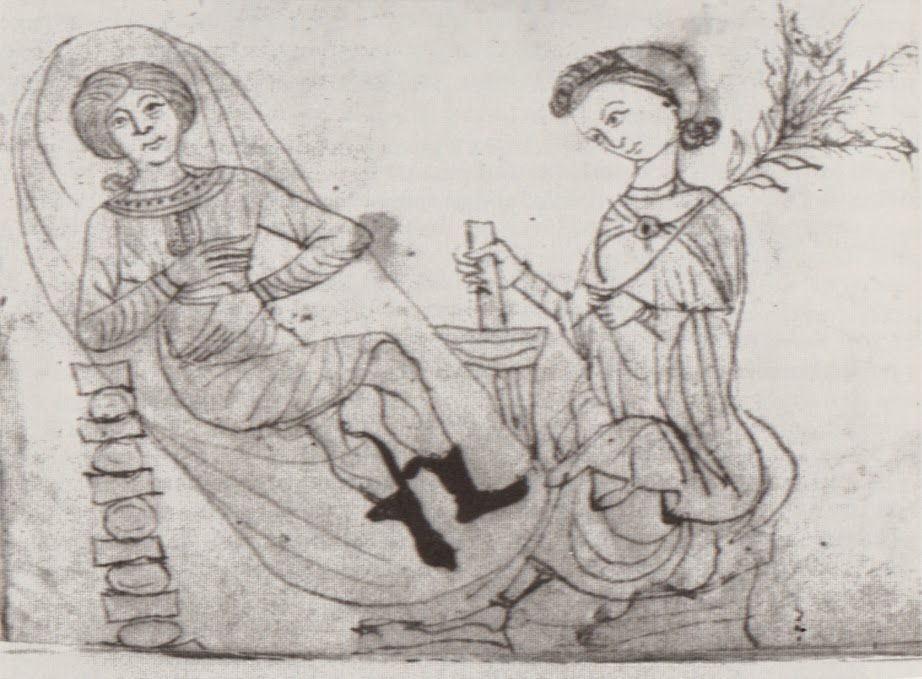The Autumn semester of
the Ancient Law reading group will be dedicated to the interaction of Roman law
with that of other cultures and societies.
Topics will be drawn from the geographical, social and temporal fringes
of the Roman empire.
7 October, Wednesday 5-6pm
(Sam Alex A104)
Petitioning in
Graeco-Roman Egypt (Will Mundy)
18 November, Wednesday 5-6pm
(Sam Alex A104)
Selling your children
into slavery within the Roman Empire (Ben Pliener)
2 December, Wednesday 5-6pm
(Sam Alex A104)
From the Corpus Juris to
Ottoman law (Colin Imber)
We are particularly
interested in any points of comparison and contrast between the legal thought
(and implications thereof) of different societies and we encourage all
approaches (e.g. philosophical, legal, socio-historical, philological,
literary). The topics promise a fertile ground for comparative discussions –
people with a research interest in other ancient legal cultures are encouraged
to join.
The sessions require no
prior preparations from the participants. A typical session involves the close
reading of a short passage with the session leader orchestrating the discussion
and introducing the participants to the linguistic and methodological issues of
his field.
The reading group is
open to all.
For further information,
please visit our blog or contact Marton Ribary and Sam Fernes:
marton.ribary@postgrad.manchester.ac.uk and samuel.fernes@manchester.ac.uk.



